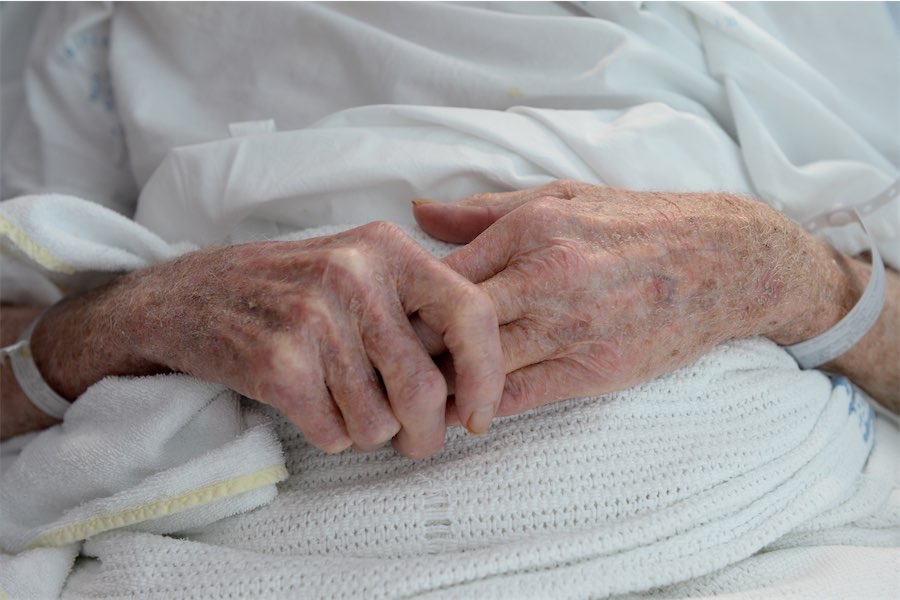
By Rachael Ward in Melbourne
Malnourishment is rife in Australian aged care facilities, with nearly four in 10 residents found to have the serious health condition.
A study of more than 700 residents at 10 facilities in NSW, SA and Queensland revealed 32 per cent were malnourished and six per cent were severely malnourished
The Monash and Griffith University research published in peer-reviewed journal Healthcare called for an urgent screening program as many aged-care providers lack processes to detect the issue.
Lead author Jonathan Foo said malnutrition was a serious health issue associated with a higher risk of falls, infections, hospitalisation and death.
“One of the problems we see is that facilities don’t even know who is malnourished in the first place, so they don’t even know where to start,” Dr Foo told AAP.
“We believe aged care facilities and the people we speak to on the ground really want to do the right thing.
“But there’s just not an understanding of what malnutrition looks like, and by the time it’s actually detected, it’s usually too late.”
The study is believed to be the biggest of its kind in Australia and comes three years after the Royal Commission into Aged Care Quality and Safety final report found residents were being served poor and unappetising meals that failed to meet nutritional needs.
Accurate data on the scale of malnutrition among the 193,000 people in care is not available, the research paper stated.
“What is surprising to me is that some of the changes that the government has initiated haven’t been able to be implemented as well as maybe we would have hoped,” Dr Foo said.
“A lot of these solutions are being given (from the) top down without a real understanding of what happens at the ground level and that’s where speaking to people who actually provide the care, the residents and their families, is so critical.”
The authors said up-to-date data would hold providers to account to ensure they gave effective care.
National Seniors Australia chief executive Chris Grice said he was concerned by the findings, and he believed poor nutrition would be addressed under the government’s proposed Aged Care Act.
“Any number is disturbing but to see it as high as that is very worrisome, I’m sure both individuals and families in particular would be very concerned,” Mr Grice said.
“Aged care is part of everybody’s future and everybody has to play a role in making sure that we have a high quality, successful aged care system.
“It’s in everybody’s interest for it to work.”
Dr Foo and his colleagues are currently developing an automated malnutrition screening program that uses data that’s already been collected in an effort to reduce the burden on facilities and workers.
Who can be trusted?
In a world of spin and confusion, there’s never been a more important time to support independent journalism in Canberra.
If you trust our work online and want to enforce the power of independent voices, I invite you to make a small contribution.
Every dollar of support is invested back into our journalism to help keep citynews.com.au strong and free.
Thank you,
Ian Meikle, editor





Leave a Reply